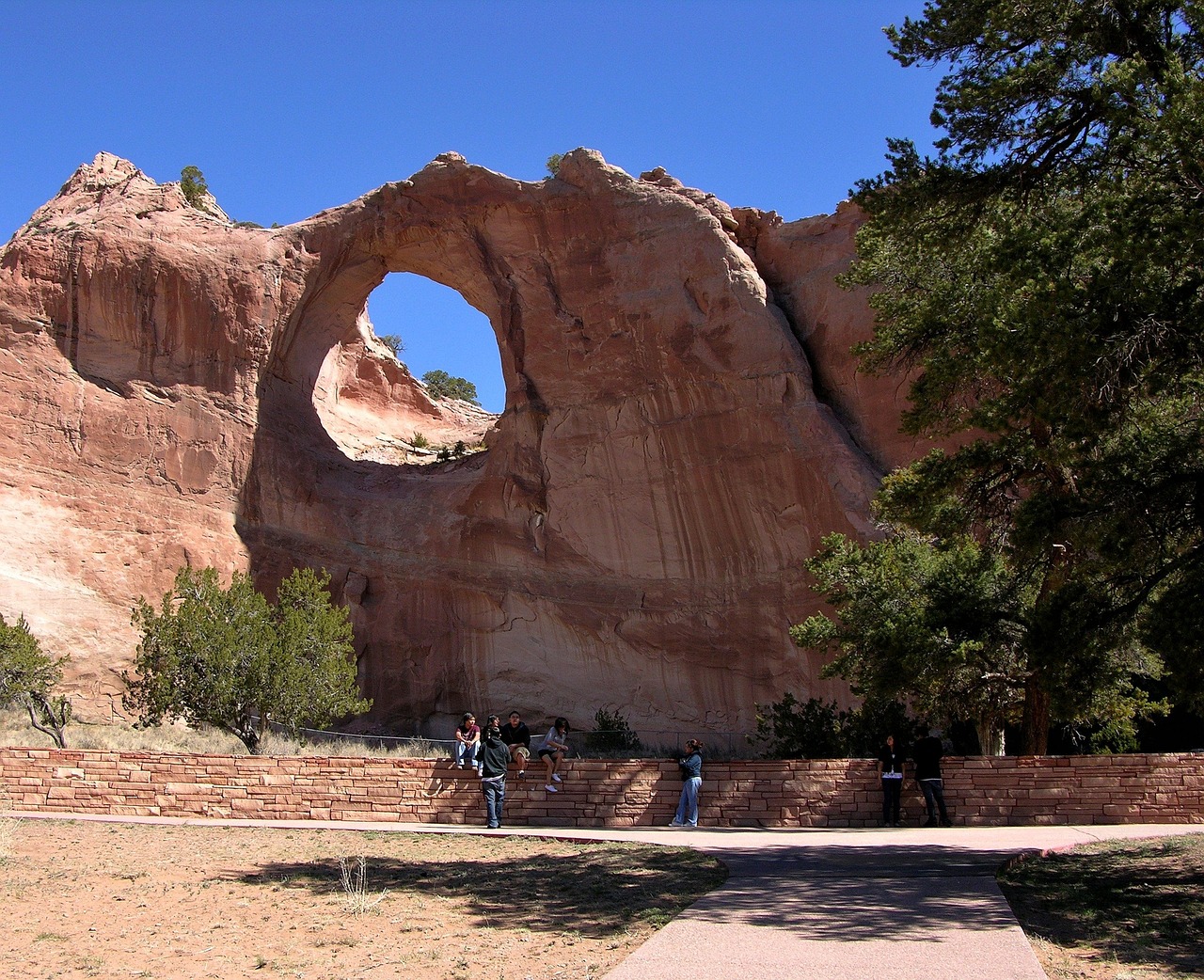February 24, 2023 – The Supreme Court will hear oral arguments on the case Arizona v. Navajo Nation on Monday, March 20. The case was consolidated with Department of the Interior v. Navajo Nation.
The litigation involves the following:
- The Navajo Nation claimed the Federal government breached its trust obligations when it claimed water rights from the Colorado River on behalf of other tribes but not the Navajo.
- The 9th Circuit ruled in favor of the Navajo Nation, finding that the Federal government had a trust duty to ensure adequate water for the health and safety of the Navajo Nation’s inhabitants in their permanent home reservation. Per the Winters Doctrine, a permanent home implied rights to enough water to make the land a home.
- Arizona and the Department of the Interior argue that the 9th Circuit’s ruling is contrary to other Supreme Court holdings and threatens all other non-tribal water demands across the west.
- Arizona argues that the 9th Circuit does not have jurisdiction over the issue because the Supreme Court retained the ability to oversee the allocation of Colorado River water pursuant to Arizona v. California.
The Winters Doctrine is a legal principle in federal law that establishes the reserved water rights of Native American tribes. The doctrine is named after the 1908 case Winters v. United States, in which the Supreme Court held that when the federal government creates a reservation for a Native American tribe, it also implicitly reserves a sufficient amount of water to fulfill the purpose of the reservation. The court concluded that this reserved water right dates back to the establishment of the reservation and takes priority over subsequent water rights. What this means that even if later water users, such as farmers or municipalities, have rights to use water from a river or other source, those rights may be curtailed to ensure that sufficient water is reserved for the Native American reservation. The Winters Doctrine has since been applied in many cases and has become a fundamental principle in federal Indian law.
is a legal principle in federal law that establishes the reserved water rights of Native American tribes. The doctrine is named after the 1908 case Winters v. United States, in which the Supreme Court held that when the federal government creates a reservation for a Native American tribe, it also implicitly reserves a sufficient amount of water to fulfill the purpose of the reservation. The court concluded that this reserved water right dates back to the establishment of the reservation and takes priority over subsequent water rights. What this means that even if later water users, such as farmers or municipalities, have rights to use water from a river or other source, those rights may be curtailed to ensure that sufficient water is reserved for the Native American reservation. The Winters Doctrine has since been applied in many cases and has become a fundamental principle in federal Indian law.
Arizona v. California is central to the allocation of water from the Colorado River. The case was first filed in 1952 and was heard by the Supreme Court in 1963, and again in 1964. It has been revisited several times since then.
is central to the allocation of water from the Colorado River. The case was first filed in 1952 and was heard by the Supreme Court in 1963, and again in 1964. It has been revisited several times since then.
This case is covered by the SCOTUS blog .
.


Leave a Reply